This post is no longer being regularly updated. For the latest updates about mpox (previously called monkeypox), see the website of the Centers for Disease Control and Prevention.
This post was last updated on August 23rd, 2022.
A new virus has recently captured the attention of many people as it begins to spread throughout the country: Monkeypox. You may have seen updates in the news as more cases are confirmed in the US. But what does that mean for you as you prepare for your next Disney World vacation?

With the COVID-19 pandemic, we saw many changes when it comes to travel. Mask mandates, physical distancing, and many closures took place throughout the country. Can we expect to see something similar with monkeypox? And how similar is this virus to COVID-19? We’ve done the research, and we have answers for you.
Monkeypox: What We Know
According to the Centers for Disease Control and Prevention (CDC), The monkeypox virus is in the same family as smallpox. The symptoms are similar, although monkeypox symptoms are generally milder, and monkeypox is rarely fatal. (It is not related to chicken pox.)
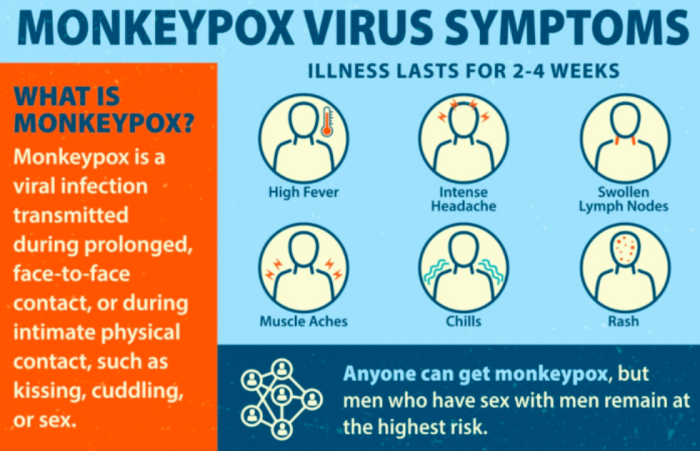
Before the current outbreak, most monkeypox cases were located in central and western African countries. Right now, the CDC is tracking an outbreak of monkeypox that has “spread across several countries that don’t normally report monkeypox, including the United States.”
On July 23rd, 2022, the World Health Organization (WHO) declared monkeypox a Global Health Emergency. They stated that they “remain committed to partnering with countries and communities to address the outbreak with the required urgency.”

Update: As of August 23rd, cases of monkeypox have now been reported in all 50 U.S. states, according to ABC News. There are more than 15,000 infections that have been reported across the country, according to data from the CDC. The state with the most cases is New York, followed by California, Florida, Texas, and Georgia.
Symptoms of monkeypox include fever, headache, muscle aches and backaches, swollen lymph ones, chills, exhaustion, respiratory symptoms (like a sore throat or nasal congestion), and a rash that may be located on or near the genitals. Note that the rash could be located on other parts of the body, such as the hands, feet, face, or chest.
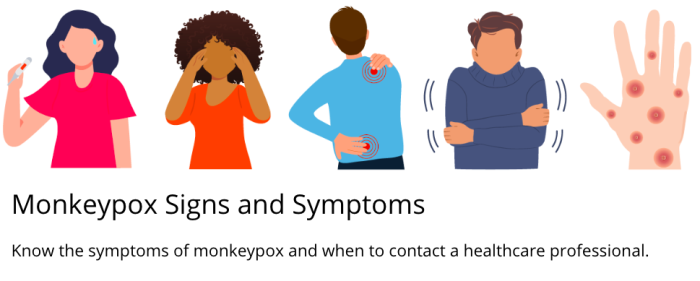
This rash will go through several stages before healing, and it may be painful or itchy. Currently, there are no specific treatments for monkeypox, but because of the similarity to smallpox, smallpox antiviral drugs and vaccines can be used to prevent and treat monkeypox (CDC).
In addition, many cases of monkeypox get better on their own without treatment. “Monkeypox is usually a self-limited disease with symptoms lasting from two to four weeks” (Cleveland Clinic).

WHO reported that “human-to-human transmission can result from close contact with respiratory secretions, skin lesions of an infected person, or recently contaminated objects. Transmission via droplet respiratory particles usually requires prolonged face-to-face contact, which puts health workers, household members, and other close contacts of active cases at greater risk.” In other words, catching monkeypox generally requires close contact with bodily fluids or skin lesions of someone who has the virus.
More research is currently being done, but — unlike COVID-19 — monkeypox is yet not thought to be contagious through respiratory droplets. According to Florida Health, “Monkeypox is not a very contagious disease, and the risk of contracting monkeypox is generally low.”
Vaccines do exist for monkeypox, but as there is a limited supply in the US, they are generally being saved for those individuals who have come into contact with someone who has monkeypox.
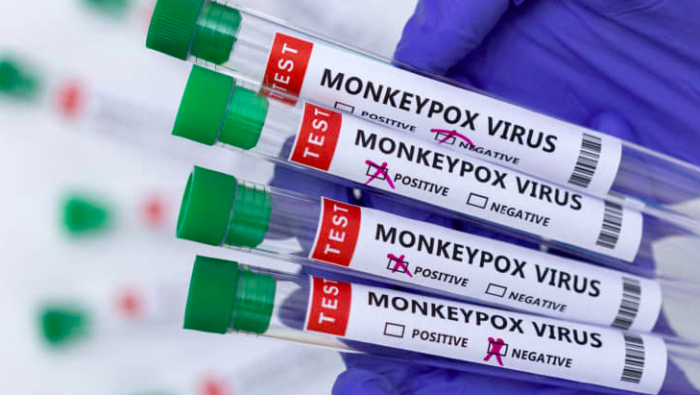
The New York Times reported that “the C.D.C. has teamed up with five commercial testing companies to expand the nation’s testing capacity.” More vaccine doses are on the way, as “the United States has purchased nearly seven million doses in total, but has received just 372,000 of them. […] So far, 156,000 doses have been distributed nationally.”
The Impact of Monkeypox
As of August 23rd, 2022, there were over 15,000 confirmed cases of monkeypox in the US, according to the CDC. Other countries that have reported outbreaks (that don’t usually report cases of monkeypox) include Spain (with over 6,000 cases), Germany (with over 3,000 cases), the United Kingdom (with over 3,000 cases), France (with over 2,800 cases), and others.
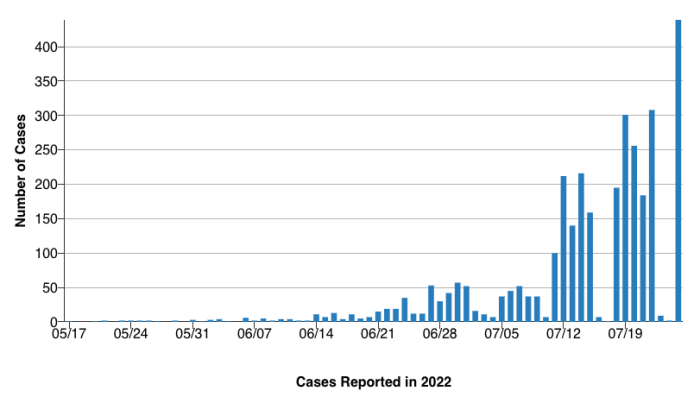
The Washington Post reported that “the fatality rate for monkeypox in recent years is about 3% to 6%,” and that “about 10% to 15% of cases have been hospitalized, mostly for pain and bacterial infections that can occur as a result of monkeypox lesions.” No deaths from monkeypox have been reported in the US so far.
Monkeypox in Florida
Florida has one of the highest case counts among US states, with over 1,500 confirmed cases of monkeypox. It follows New York (over 2,900 cases), California (over 2,600 cases).
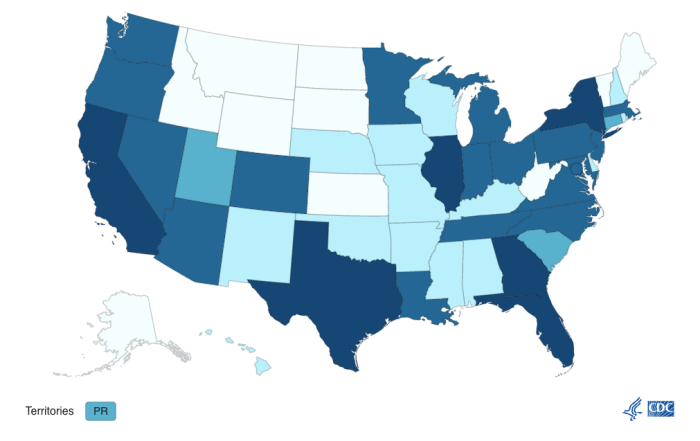
The first known case of monkeypox in Central Florida during the current outbreak was discovered in June 2022. This case was in Orange County (ClickOrlando).
Looking Ahead
The United States is still acquiring more monkeypox vaccines (as we previously mentioned), and President Biden has put together a response team to address the outbreak.
CNBC stated that “Fenton and Daskalakis [2 individuals appointed to head the response team] will work with state and local authorities to ensure they have enough tests, vaccines and antiviral treatments to fight the virus. They will also assist with efforts to educate the public on how the virus spreads.”

The governors of both New York and California, which have the highest case counts, have declared a state of emergency. This change is meant to allow the states to more efficiently address the growing concerns about monkeypox, including assisting with vaccine distribution. Florida Governor Ron DeSantis has not declared a state of emergency.
In addition, the Biden administration has declared monkeypox a public health emergency.
U.S. Disney Parks and Monkeypox
So what does all of this mean for your upcoming Disney World trip? In short, you should take some precautions but still keep the risk in perspective. Monkeypox is far less contagious than COVID-19, and it is rarely fatal. However, there are some preventative measures you may want to take.
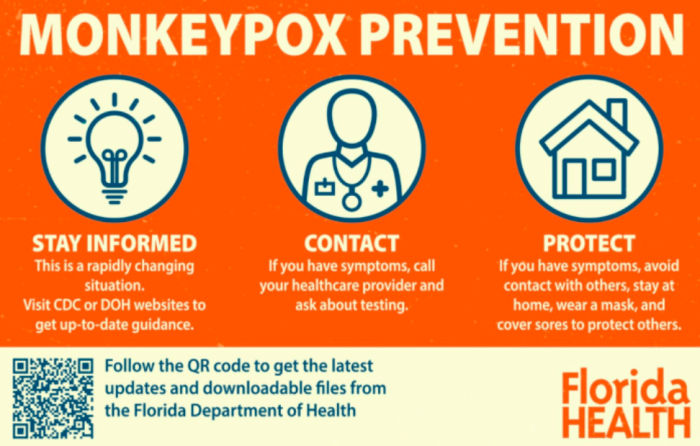
As monkeypox is generally transmitted through direct contact with the bodily fluids or skin lesion of someone who has the virus, limit your physical contact with strangers or with anyone who you know has monkeypox. Research is still being conducted as to the virus’s ability to spread through respiratory particles, but it wouldn’t hurt to wear a face mask, especially in crowded areas (and you may still want to do this to prevent the spread of COVID-19 as well).
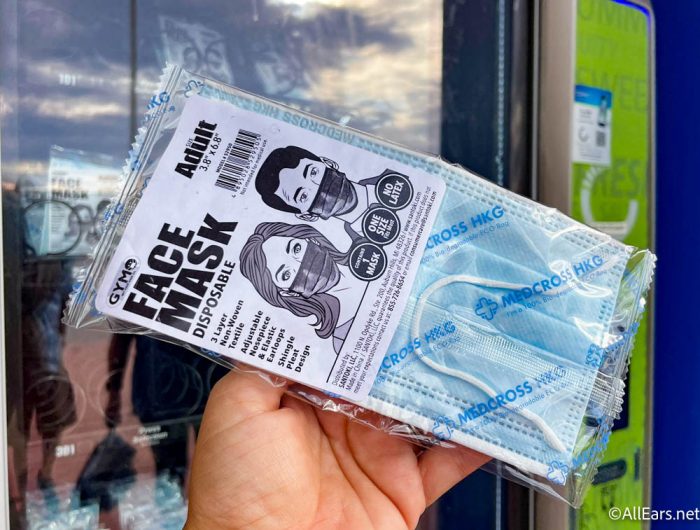
We’ve learned from the COVID-19 pandemic that a lot can be said for frequent hand washing, using hand sanitizer, and sanitizing frequently used surfaces such as handrails and door knobs.
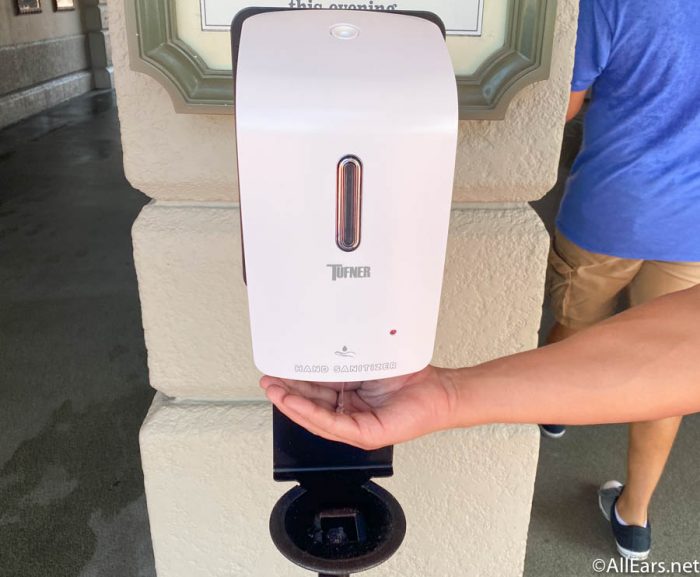
The Disney parks have not announced any changes in health and safety measures in response to the monkeypox outbreak, but we will update you if any announcements are made or if we see changes in Disney World or Disneyland.

We will continue to update this post as the situation with monkeypox develops. Stay tuned to AllEars for the latest news that could impact your upcoming trip.
UPDATE on the Spread of Monkeypox in the U.S.
Join the AllEars.net Newsletter to stay on top of ALL the breaking Disney News! You'll also get access to AllEars tips, reviews, trivia, and MORE! Click here to Subscribe!



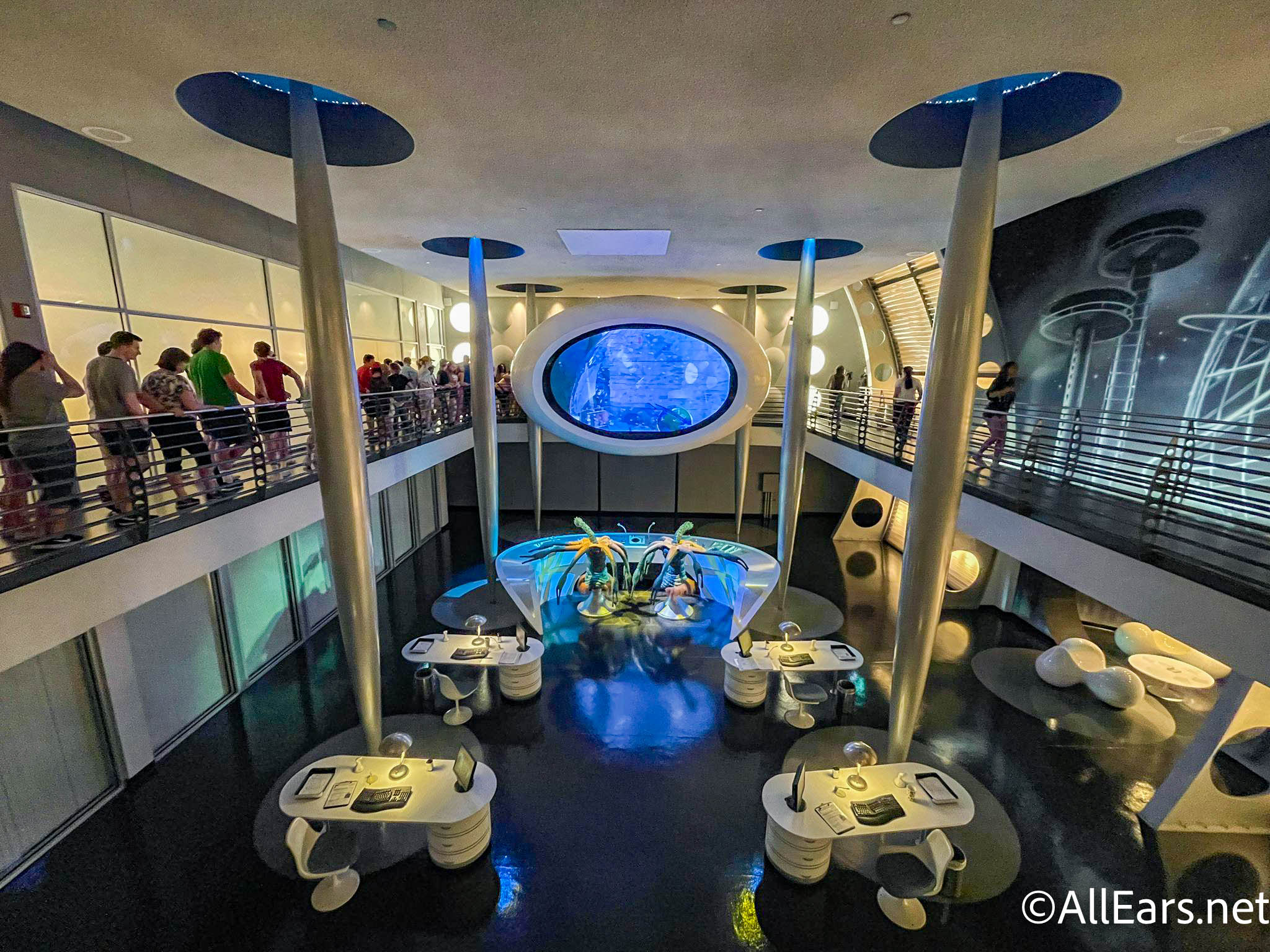
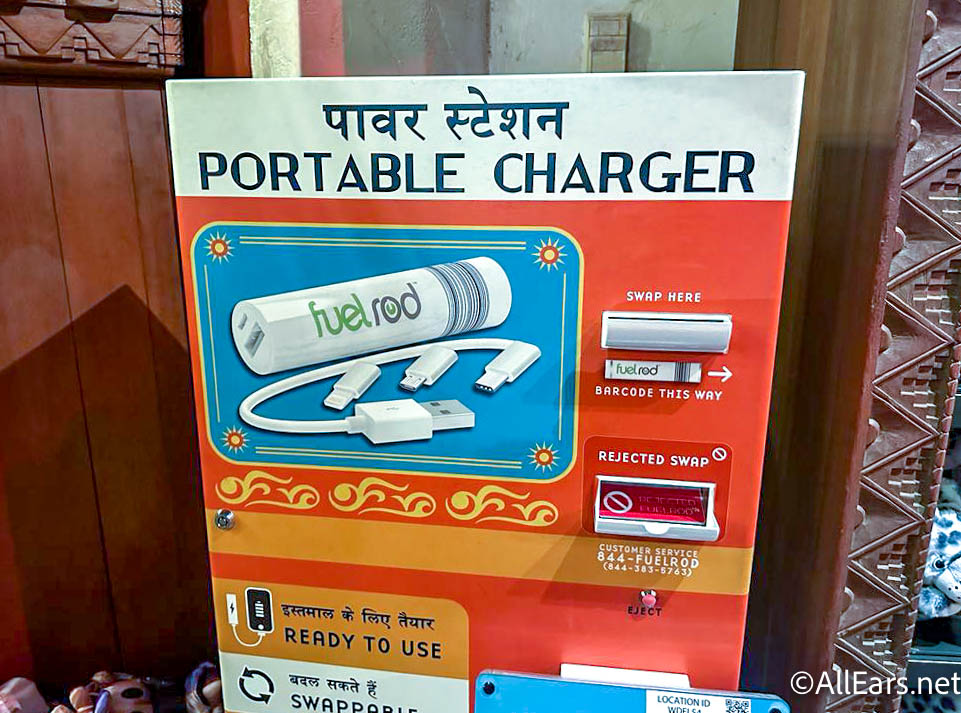
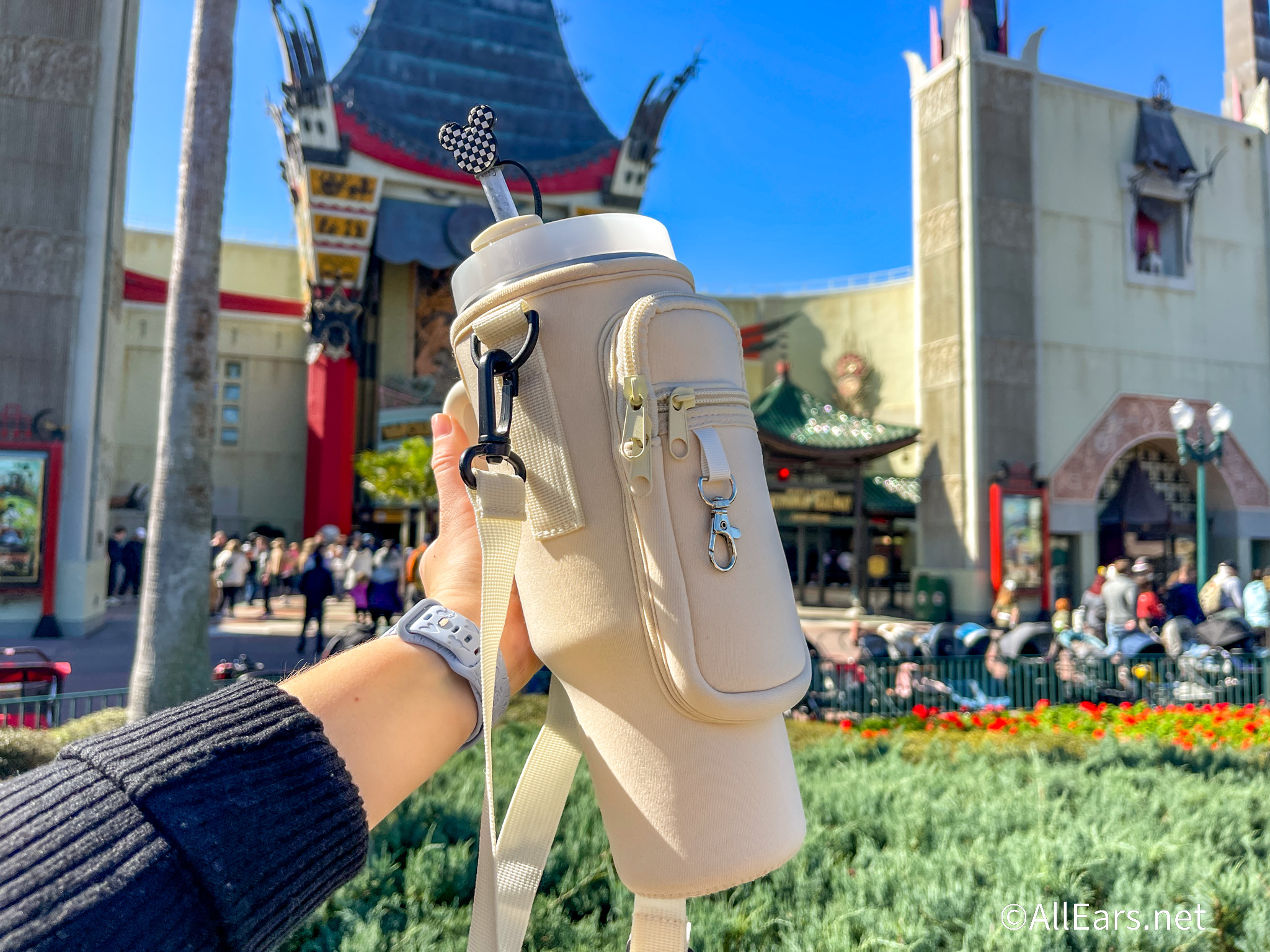

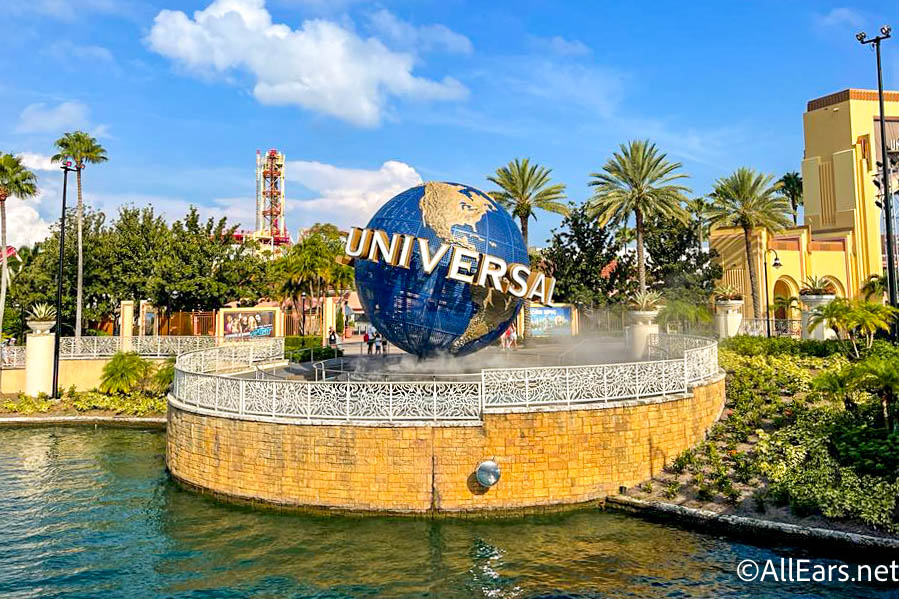

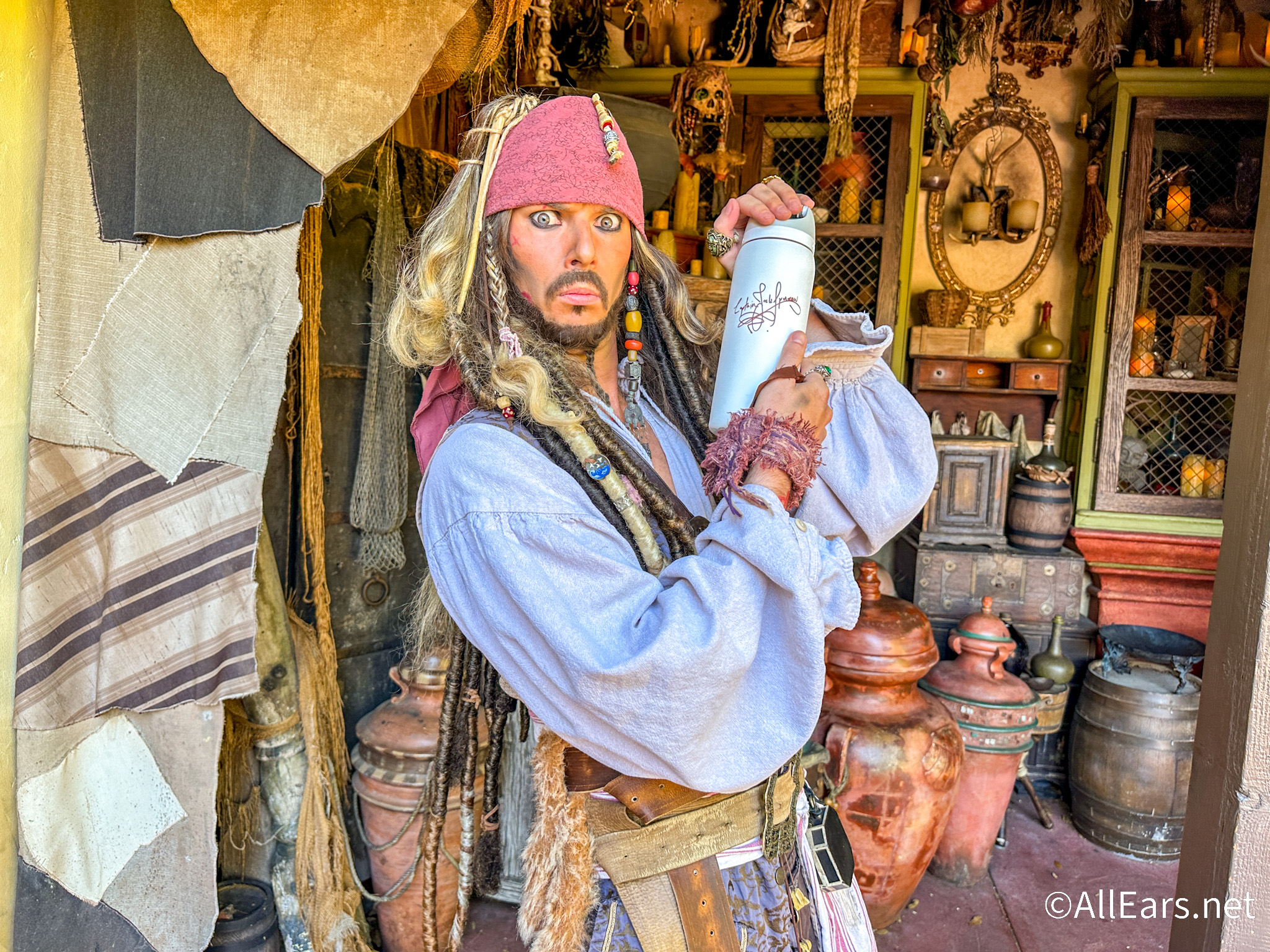

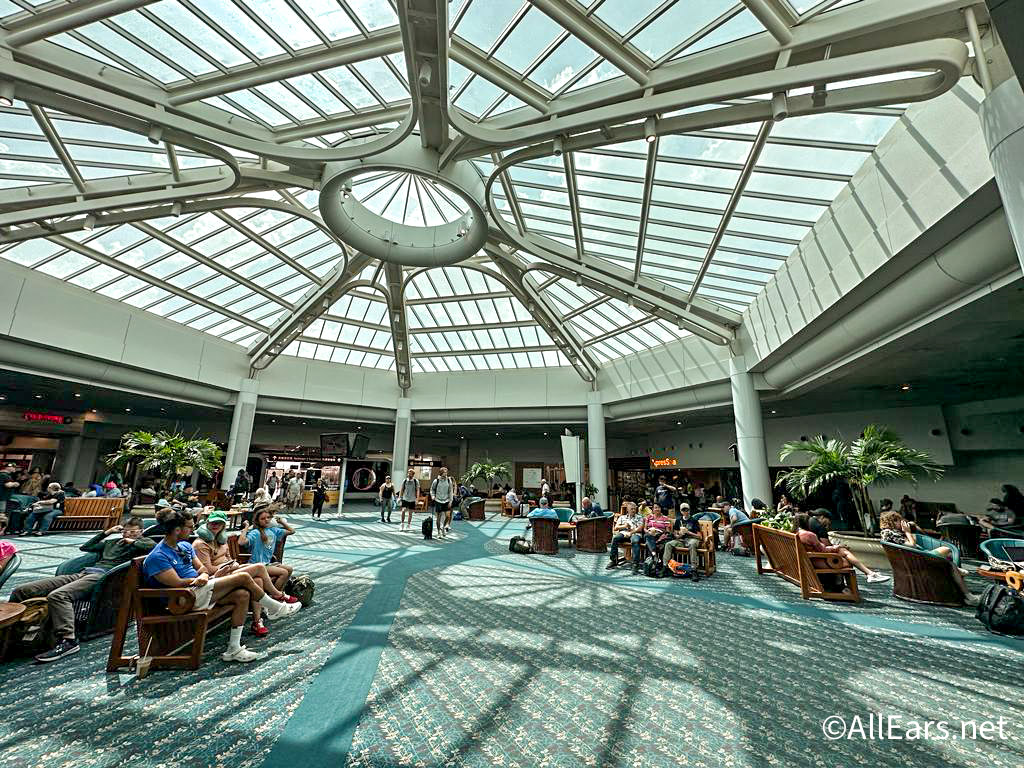

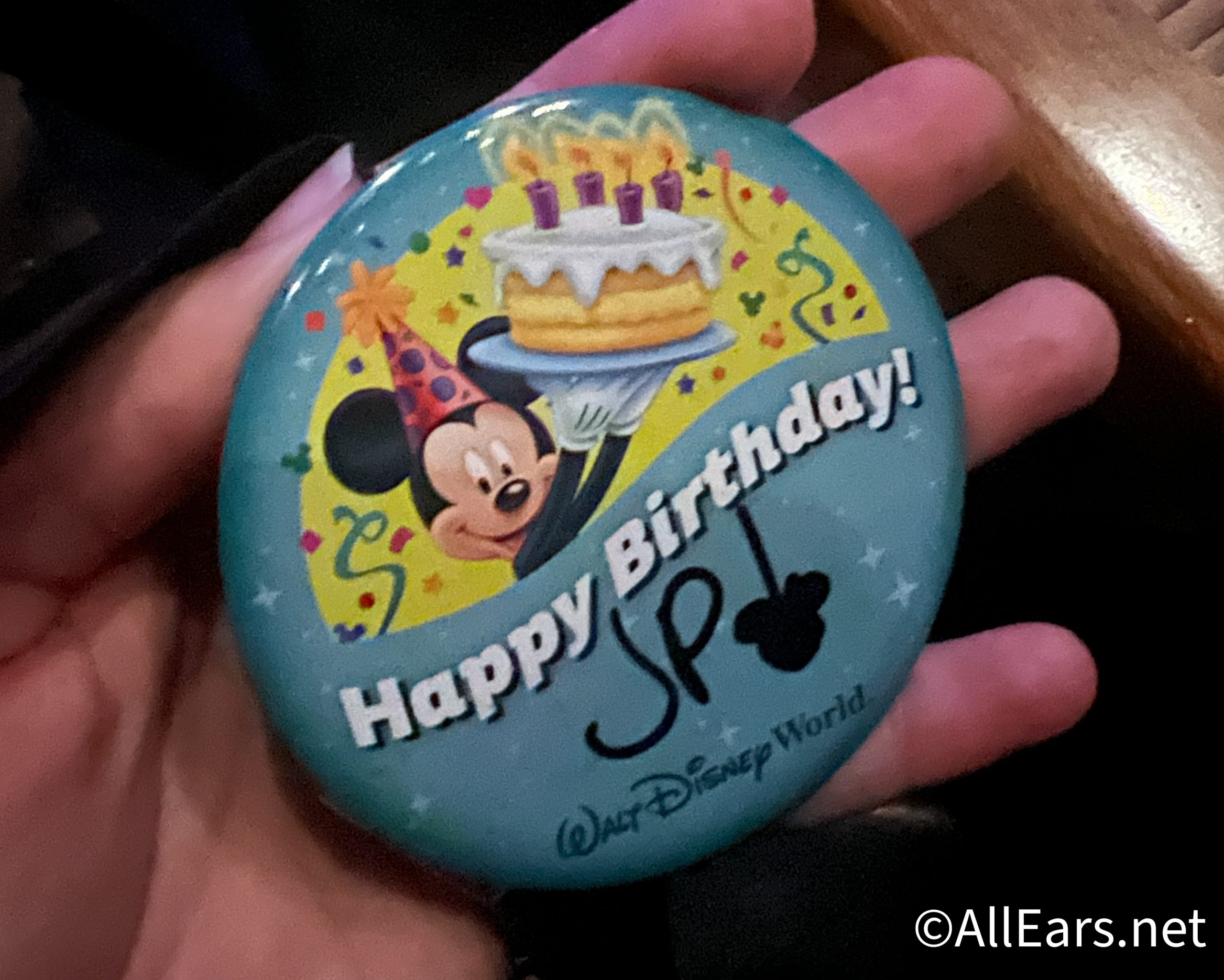







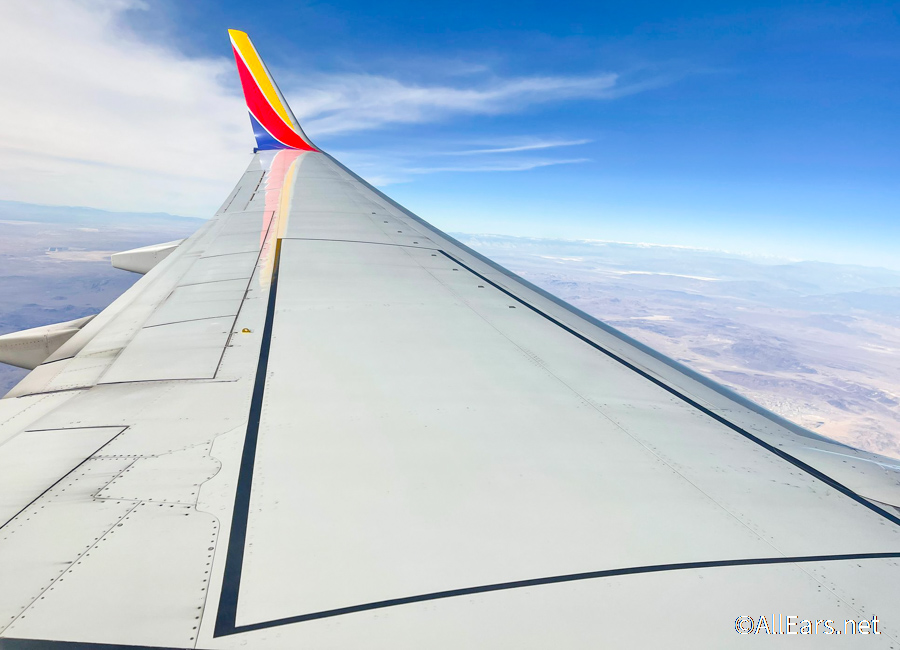

Fool me once, shame on you. Fool me twice, shame on me. People never learn.